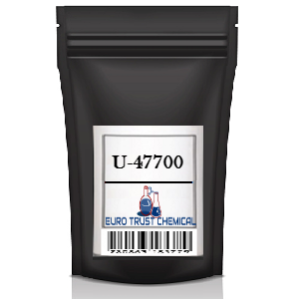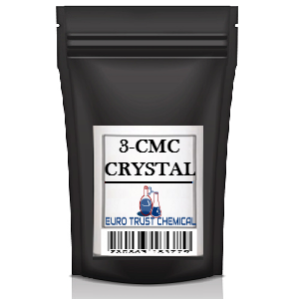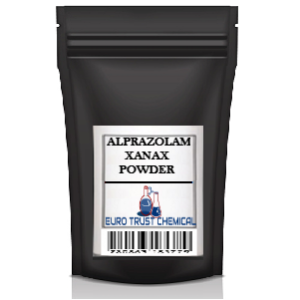Description
BUY PERCOCET POWDER ONLINE
Percocet contains a combination of acetaminophen and oxycodone. Oxycodone is an opioid pain medication. An opioid is sometimes called a narcotic. Acetaminophen is a less potent pain reliever that increases the effects of oxycodone.
Percocet is used to relieve moderate to severe pain.
Percocet may also be used for purposes not listed in this medication guide.
Important information
You should not use Percocet if you have recently used alcohol, sedatives, tranquilizers, or other narcotic medications.
Oxycodone can slow or stop your breathing. Never use Percocet in larger amounts, or for longer than prescribed. Narcotic pain medicine may be habit-forming, even at regular doses. Never share this medicine with another person, especially someone with a history of drug abuse or addiction. Keep the medication in a place where others cannot get to it. MISUSE OF NARCOTIC MEDICATION CAN CAUSE ADDICTION, OVERDOSE, OR DEATH, especially in a child or other person using the medicine without a prescription.
Do not use Percocets if you have taken an MAO inhibitor in the past 14 days. A dangerous drug interaction could occur. MAO inhibitors include isocarboxazid, linezolid, phenelzine, rasagiline, selegiline, and tranylcypromine.
Do not take more of this medication than is recommended. An overdose of acetaminophen can damage your liver or cause death. Call your doctor at once if you have nausea, pain in your upper stomach, itching, loss of appetite, dark urine, clay-colored stools, or jaundice (yellowing of your skin or eyes).
In rare cases, acetaminophen may cause a severe skin reaction. Stop taking Percocet and call your doctor right away if you have skin redness or a rash that spreads and causes blistering and peeling.
Before taking this medicine
You should not use Percocet if you are allergic to acetaminophen (Tylenol) or oxycodone, or if:
you have severe asthma or breathing problems;
you have a bowel obstruction called plytic ileus; or
you have recently used alcohol, sedatives, tranquilizers, or other narcotic medications.
Do not use Percocet if you have taken a MAO inhibitor in the past 14 days. A dangerous drug interaction could occur. MAO inhibitors include isocarboxazid, linezolid, phenelzine, rasagiline, selegiline, and tranylcypromine.
Some medicines can interact with oxycodone and cause a serious condition called serotonin syndrome. Be sure your doctor knows if you also take medicine for depression, mental illness, Parkinson’s disease, migraine headaches, serious infections, or prevention of nausea and vomiting. Ask your doctor before making any changes in how or when you take your medications.
To make sure Percocet is safe for you, tell your doctor if you have:
any type of breathing problem or lung disease;
liver disease, cirrhosis, or if you drink more than 3 alcoholic beverages per day;
a history of drug abuse, alcohol addiction, or mental illness;
diarrhea, inflammatory bowel disease, or a blockage in your stomach or intestines;
kidney disease, urination problems;
problems with your gallbladder, pancreas, or thyroid; or
a history of head injury, brain tumor, or seizures.
This medicine is more likely to cause breathing problems in older adults and people who are severely ill, malnourished, or otherwise debilitated.
Oxycodone may be habit forming. Never share Percocet with another person, especially someone with a history of drug abuse or addiction. Keep the medication in a place where others cannot get to it. Selling or giving away Percocet to any other person is against the law.
If you use oxycodone while you are pregnant, your baby could become dependent on the drug. This can cause life-threatening withdrawal symptoms in the baby after it is born. Babies born dependent on habit-forming medicine may need medical treatment for several weeks. Tell your doctor if you are pregnant or plan to become pregnant.
Acetaminophen and oxycodone may pass into breast milk and could harm a nursing baby. Tell your doctor if you are breast-feeding a baby.
How should I take Percocet?
Take Percocet exactly as prescribed. Follow all directions on your prescription label. Never take Percocet in larger amounts, or for longer than prescribed. An overdose can damage your liver or cause death. Tell your doctor if the medicine seems to stop working as well in relieving your pain.
Drink 6 to 8 full glasses of water daily to help prevent constipation while you are taking Percocet. Do not use a stool softener (laxative) without first asking your doctor.
Percocet can cause unusual results with certain urine tests. Tell any doctor who treats you that you are using Percocet.
If you need surgery, tell the surgeon ahead of time that you are using acetaminophen and oxycodone. You may need to stop using the medicine for a short time.
Do not stop using Percocet suddenly after long-term use, or you could have unpleasant withdrawal symptoms. Ask your doctor how to avoid withdrawal symptoms when you stop using this medicine.
Store
Additional information
| SELECT QUANTITY | 100 Grams, 250 Grams, 500 Grams, 1000 Grams |
|---|





